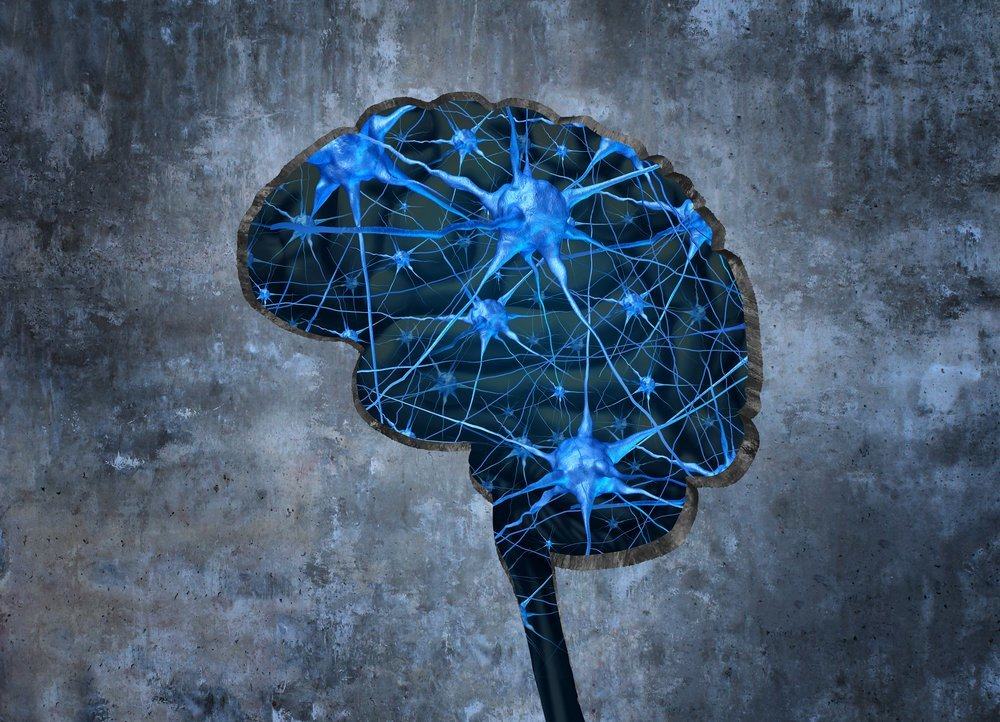Contents:
- Medical Video: How Does Our Brain Store Memories?
- The process of forming memories
- Short-term memory vs. long-term memory
- 5 types of long-term memory in your brain
- Implicit memory
- Procedural memory
- Explicit memory
- Semantic memory
- Episodic memory
Medical Video: How Does Our Brain Store Memories?
Memory loss, or reduced memory ability, is indeed related to increasing age. However, there are still a number of things that can lead to loss of memory abilities, such as stress, nerve dysfunction (Alzheimer's), hormones, and the environment. Actually, do you know how a memory is formed? How can you remember memories that have happened for years?
The process of forming memories
Memory is formed since we were born and will continue to form as long as we live. The hippocampus is a part of the brain that is located in the temporal lobe of the brain, which acts to maintain memory. The researcher stated that each cell is used to store one memory or memory. When there is stimulation from the environment, memory will be formed through three stages, namely:
- The learning phase, namely the process by which information is received by the body's senses
- Retention stage, namely the process of information stored by the brain
- Retrieval stage, which is recalling memories that have been stored previously and forming new memories.
Short-term memory vs. long-term memory
Memory or sensory memory records information from stimuli received from the environment, through the assistance of the five senses. If stimuli in the environment are neglected, invisible, not smelled, or not heard by the senses, memory will not form. Conversely, if the stimulation is noticed then recorded by the senses, it will be forwarded to the nervous system and will become a short-term memory.
Short-term memory can only remember for 30 seconds and can only receive as many as 7 pieces of information in one memory. Short-term memory has a small capacity but is very influential in our daily lives. By relying on short-term memory, the body will make various responses and respond to stimuli that are from the outside.
After short-term memory is formed, information that keeps being repeated will enter the long-term memory system to be stored for longer. Memories that enter into long-term memory will not be forgotten if new information is entered. Like the first time we learn to tie shoelaces, that memory becomes short-term memory. Then, if we always tie our shoelaces every day, then this will be a long-term memory. Every short-term memory that is 'called' or repeated again, or memories of an important event, will be sent to the storage of long-term memories. Someone who loses short-term memory, will forget what he did when 5 or 10 minutes ago, but still remember memories that came from years ago.
5 types of long-term memory in your brain
Here are the types of long-term memories that are formed:
Implicit memory
Or also called subconscious memory or automatic memory. As the name implies, this memory is formed from past memories that occur repeatedly or enter into long-term memories. For example, when you watch a movie that repeats itself. When you watch the film again, you will unconsciously imagine the next part. Even though you don't intend to 'play' the part of the film in your head and appear unconsciously.
Procedural memory
Is part of implicit memories or memories that accidentally or unconsciously appear. This memory is responsible for the long-term memory associated with motor skills. For example, you already know how to walk, a badminton athlete who already knows how to play badminton when playing a match, and a musician who has remembered how to play his instrument. These things are abilities that are constantly honed and carried out repeatedly, so that it does not require more effort to "call" this memory again.
Explicit memory
In contrast to implicit memory, this memory requires more effort to bring back past memories, even requires triggers to remember things. Like remembering dates and birthdays, or when remembering people's names and faces.
Semantic memory
That is memory that is not related to the personal experience of an individual. Semantic memory consists of things that are generally known, such as the color of the sky, the name of the fruit, how to use a pencil, or the name of the country.
Episodic memory
It is a unique 'collection' that is available to each individual because of experiencing a certain event. Like, memories of your 17th birthday, or memories of the first time you entered school, and so on.
Various theories state that synaptic electrical conductions (nerve terminals that connect nerve cells) function to store, form, recall memories that exist, to respond to stimuli when they occur. But indeed the process stages of memory formation are still unclear.
READ ALSO
- 6 Important Steps to Maintaining Brain Health
- Know the Four Human Characters: Which Are You?
- Explaining the Sixth Indra from the Psychology Side












